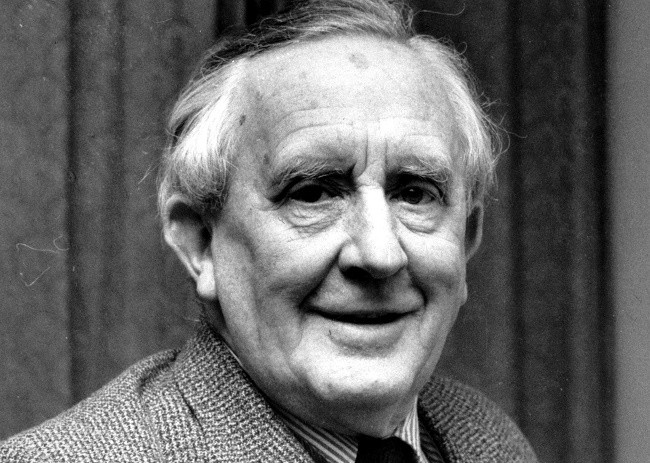Tolkien is considered one of the best British writers of his time and continues to be one of the top-earning dead celebrities. His books generate tens of millions in royalties each year and the estate has gone on to earn hundreds of millions of dollars in royalties and licensing fees, especially to television and film studios.
Today his estate is controlled by the aptly named Tolkien Estate. For example, decades after his death, the Tolkien Estate earned $200 million from a licensing deal with Amazon Studios.
In 2008, the Tolkien Estate sued New Line Cinema, the studio behind the unimaginably successful "Lord of the Rings" original trilogy, seeking $100 million in unpaid royalties. At the time of their filing, the estate claimed to have not yet received "one penny" from the studio. The case was eventually resolved for an undisclosed amount.
Early Life and Education
John Ronald Reuel Tolkien was born on January 3, 1892, in Bloemfontein, in the Boer sovereign republic of the Orange Free State. His parents were Arthur, an English bank manager, and Mabel. Tolkien had one sibling, younger brother Hilary. At the age of three, Tolkien traveled to England with his mother and brother for a family visit; his father passed away of rheumatic fever before he could leave South Africa to join them. Without income as a result, Tolkien's mother took him to Birmingham to reside with her parents. They subsequently moved to Sarehole, and then to Worcestershire. Tolkien was homeschooled and was able to read by the age of four. When he was 12, his mother passed from acute diabetes; she had previously assigned guardianship of her two sons to her friend Father Francis Xavier Morgan.
In 1911, Tolkien attended King Edward's School. In October of that year, he enrolled at the University of Oxford's Exeter College, where he began studying classics. After changing his course to English language and literature, he graduated in 1915 with first-class honors.
World War I
Following his graduation, Tolkien was commissioned as a temporary second lieutenant for the British Army's Lancashire Fusiliers. For 11 months, he trained with the 13th Reserve Battalion. In 1916, he was summoned to a posting in France, where he was assigned as a signals officer for the 11th Service Battalion. Arriving at the Somme in July of that year, he was involved in the assaults on the Leipzig salient and on Schwaben Redoubt. In October, when his battalion attacked the Regina Trench, Tolkien came down with trench fever; he was subsequently invalided to England.
Tolkien was frail when he returned to the home front, spending the remainder of the war performing duties at garrisons and hospitals. Although his illness was recurrent over the following two years, he was promoted to the temporary rank of lieutenant in 1918. In 1919, he was removed from active service.
Academia and Writing
After being officially demobilized in 1920, Tolkien took his first postwar civilian job with the Oxford English Dictionary. The same year, he became a reader at the University of Leeds, where he was the youngest of all the professors. While there, he produced the academic works "A Middle English Vocabulary" and "Sir Gawain and the Green Knight." In 1925, Tolkien returned to his alma mater of Oxford as the Rawlinson and Bosworth Professor of Anglo-Saxon and had a fellowship at Pembroke College.
It was at Pembroke that Tolkien wrote "The Hobbit," as well as the first two volumes of "The Lord of the Rings." He also undertook a translation of the Old English epic poem "Beowulf," which he completed in 1926. Ten years later, Tolkien gave a renowned lecture on the work that revolutionized how literary critics interpreted the poem. "Beowulf" and Old English literature were major influences on Tolkien's writings. Other influences included archaeology, Christianity, and Germanic, Finnish, Greek, and Celtic mythology and languages. The author's work was also heavily informed by his childhood experiences in the urbanizing English countryside, as well as his later experiences fighting in World War I.

No comments:
Post a Comment